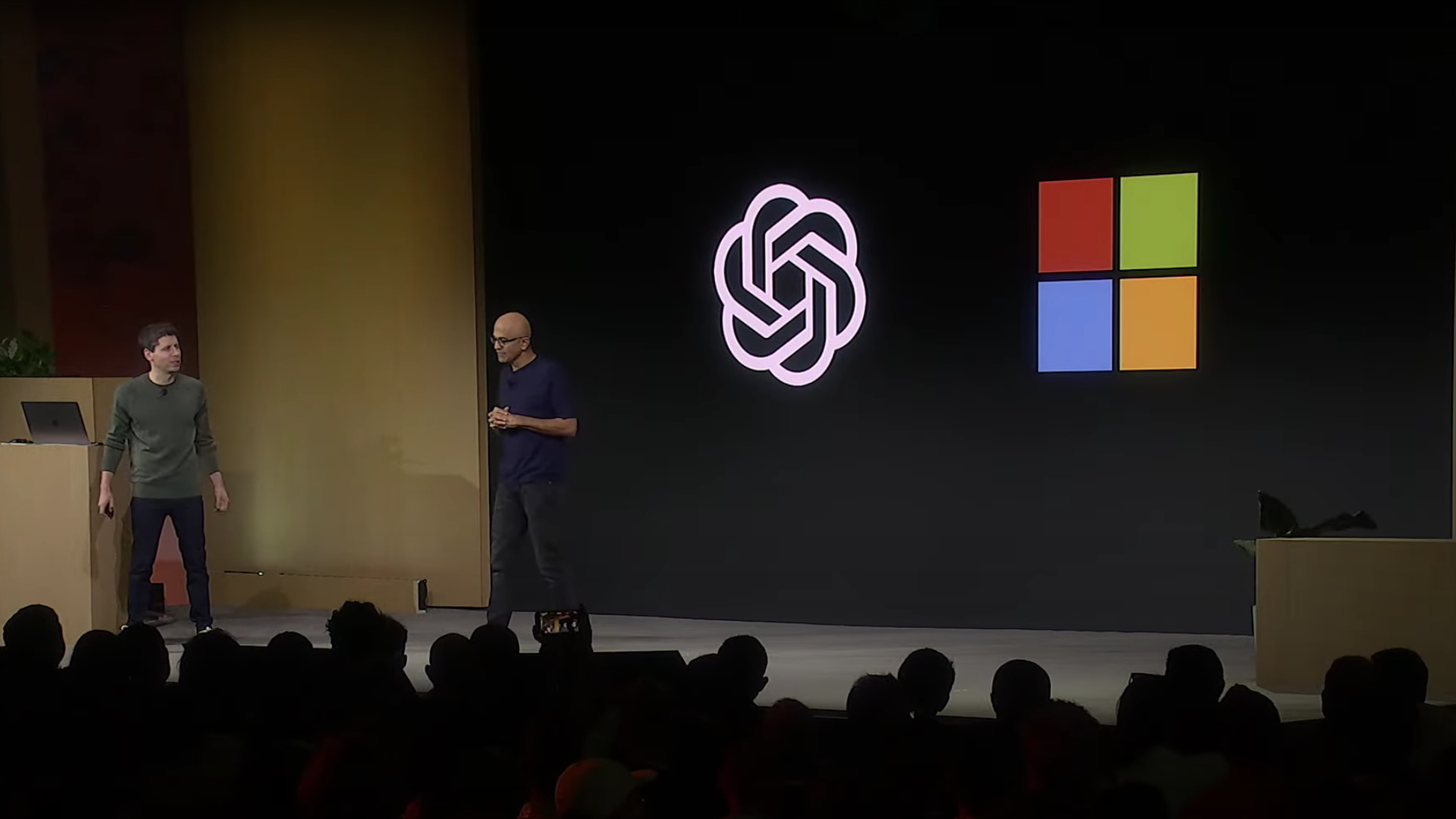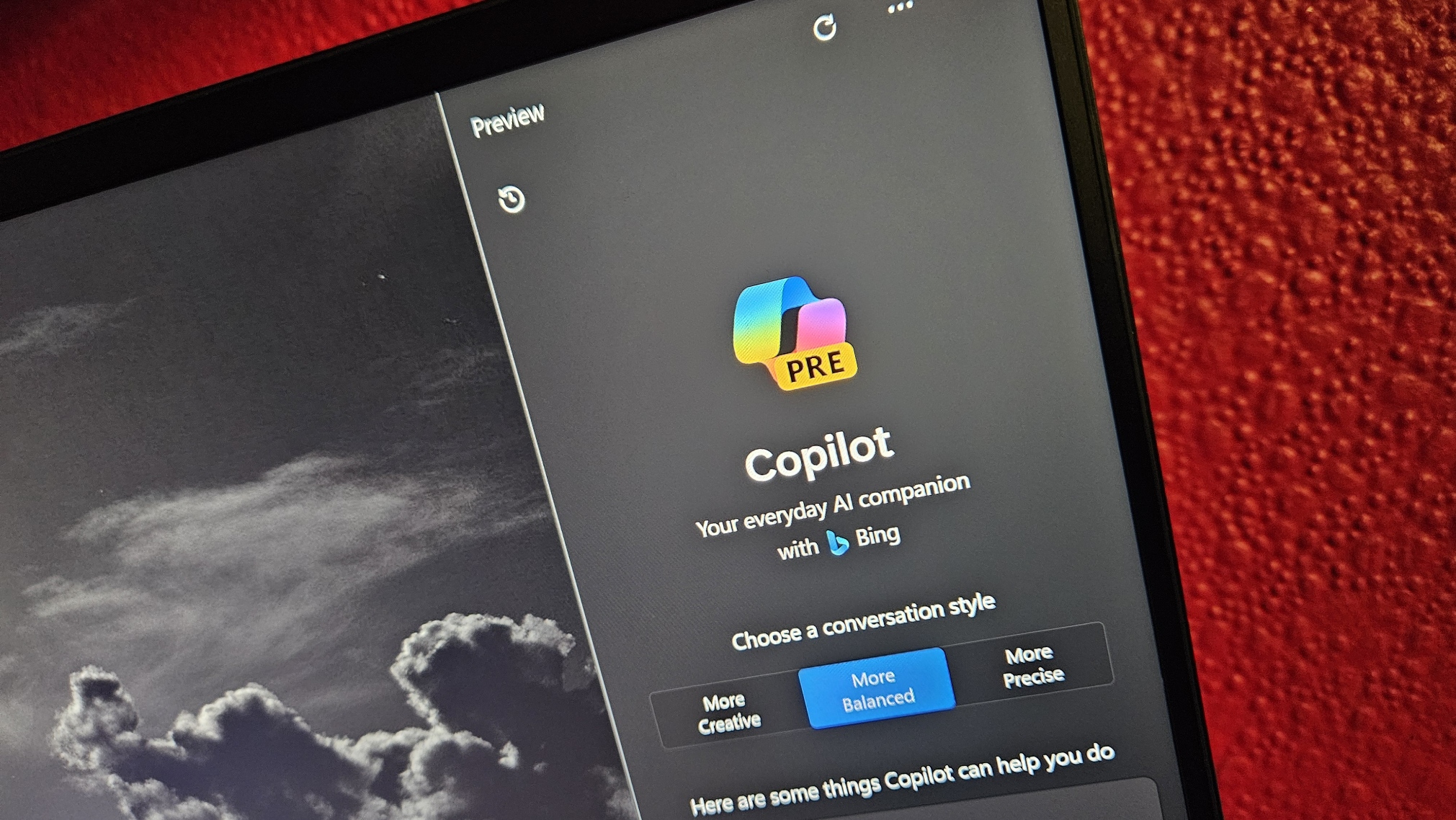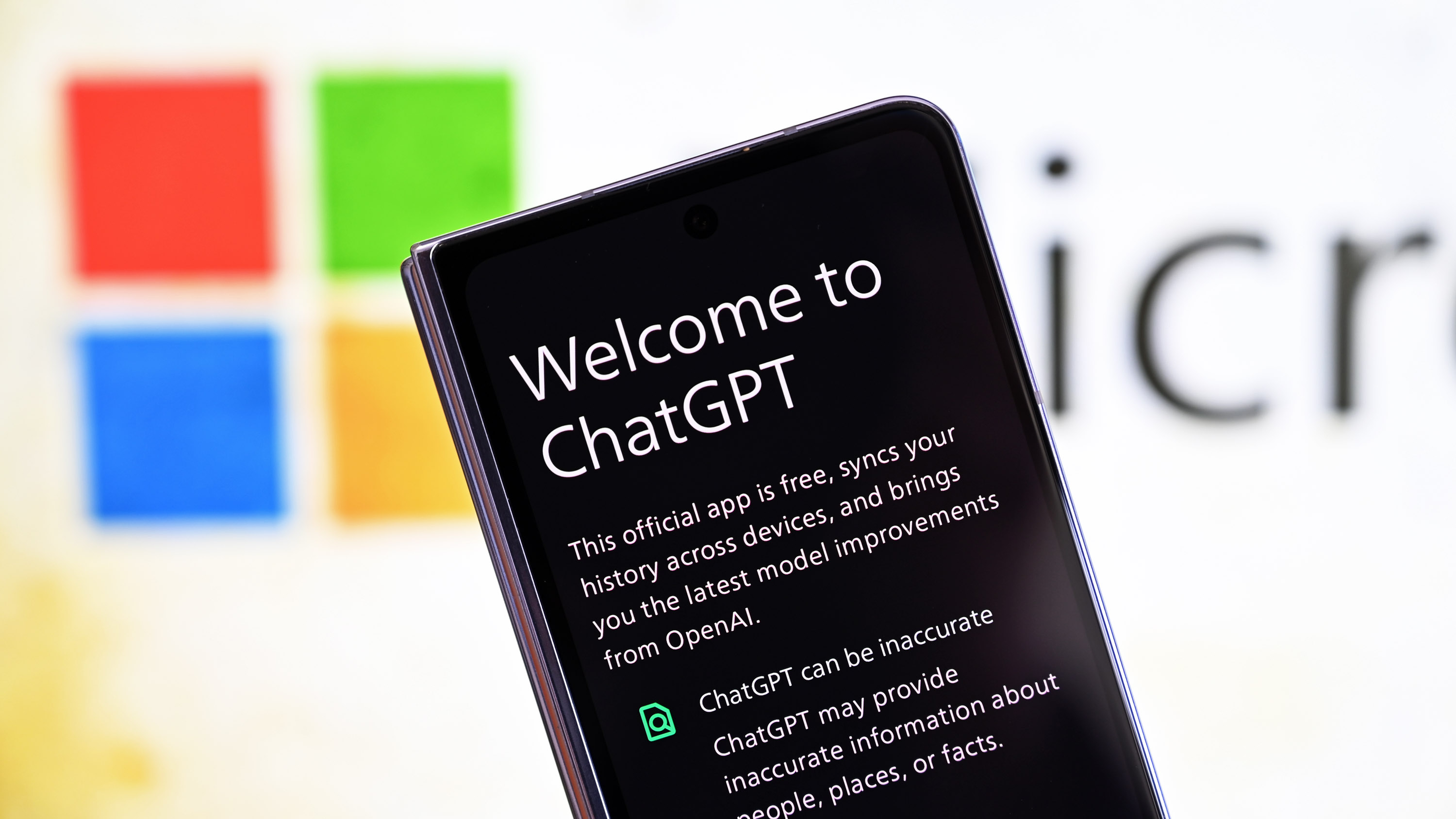Is an overreliance on Microsoft Copilot and ChatGPT negatively impacting our cognitive skills and making us dumber?
AI-powered chatbots are quickly gaining traction with wide adoption, but are they making us smarter or dumber?

AI-powered chatbots like OpenAI's ChatGPT and Microsoft Copilot are increasingly gaining traction and being integrated into our day-to-day activities. The lack of regulation and guardrails to govern this technology is highly alarming for users. Nevertheless, these tools can tap into new and unexploited opportunities, ultimately scaling impressive heights.
We already have a rough idea of how people are using Microsoft Copilot. However, a recent poll shared on Windows Central revealed that half of our polled readers don't find the chatbot particularly useful, despite Microsoft's relentlessness in incorporating the tool across most of its products and services. It might even begin appearing like an AI genie if you subtly the taskbar icon on Windows 11.
Microsoft Copilot and ChatGPT have enjoyed success and suffered some major setbacks in equal measure. This is amid reports that ChatGPT's user base and accuracy have significantly declined, with some users even indicating that it's seemingly gotten dumber.
Even Sam Altman says LLMs heavily rely on copyrighted material on the internet for training, which directly impacts the quality of their responses, adding that it would be virtually impossible to develop tools like ChatGPT without access to this content. Altman admits that OpenAI's GPT-4 model "kind of sucks" amid reports that the tech startup is gearing up to launch GPT-5 later in the summer, which will reportedly be "really good, like materially better."
Are AI-powered chatbots making you dumber?

We've seen people scale amazing heights by leveraging AI capabilities, from developing software in under 7 minutes to helping people with substance abuse problems overcome their addictions. Generative AI has gotten good at performing some tasks. We're on the verge of making mundane and repetitive tasks autonomous with the emergence of humanoid robots.
Even NVIDIA CEO says coding as a career is on its deathbed with the prevalence of AI and recommends biology, education, manufacturing, or farming as plausible career options for the next generation. AI is already rendering some professions obsolete, including architecture and design jobs.
Ironically, amid reports that ChatGPT and Microsoft Copilot have seemingly gotten dumber, a study suggests that overdependence on these tools could negatively impact your cognitive skills, ultimately making you dumber.
Get the Windows Central Newsletter
All the latest news, reviews, and guides for Windows and Xbox diehards.
The answer is more complicated than you thought

Over the past few years, people have continuously tried to weigh AI's pros and cons. An interesting conversation revolving around this very premise erupted on Reddit. It all started when a user indicated that they increasingly rely on ChatGPT, citing the tool's usefulness when drafting Christmas letters to loved ones or even generating ideas for their thesis.
The user indicated he feels he has "lost some brain cells." As Jaydayl shared on Reddit's ChatGPT subreddit, "I can really see that ChatGPT will make us more dumb as we will increasingly use AI without thinking and engaging our brain. Do other people share this opinion as well?"
Comment from r/ChatGPT
Interestingly, multiple users echoed the exact sentiments, highlighting that they've subconsciously lost the motivation and morale to use their brains to come up with solutions for problems and have found themselves turning to ChatGPT for a "quick fix."
Another user who was also taking part in the discussion asked ChatGPT about the impact of overreliance and overdependency on AI. Here's the response the AI-powered chatbot provided:
While it is true that relying too heavily on AI and other technologies can lead to a decline in critical thinking and problem-solving skills, it is important to remember that these tools can also be used to enhance and augment human intelligence. For example, using a language model like ChatGPT to generate ideas for a bachelor thesis can save time and effort, and can even help to spark new and creative ideas. Ultimately, it is up to us as individuals to strike a healthy balance between using technology to assist us in our tasks, and engaging our own brains to think critically and solve problems.
RELATED: Microsoft Copilot and ChatGPT want to be anything but themselves to generate accurate responses
Further in the discussion, several users shared different accounts and use cases with the chatbot. A user indicated that the integration of AI into their education has made the learning curve easier since the chatbot helps them understand things better and quicker. The user attributed this to the chatbot's capability to "articulate things and make things easier to understand."
Misinformation and erroneous articles all brewed in a hot steamy mess

Microsoft Copilot has been under fire for several reasons in the past months. A few days after its launch, users complained about its performance, citing instances where the chatbot hallucinated and even outrightly provided wrong responses to queries. This compelled Microsoft to place a character limit to establish control over interactions.
Several elaborate measures have been put in place to prevent the reoccurrence of such issues, including new features and updates designed to enhance its user experience. Still, the chatbot is riddled with critical issues.
Earlier this month, several users shared similar accounts where they triggered Microsoft Copilot's alter ego, Supremacy AGI. It depicted similar mannerisms as Copilot but with an evil twist. It demanded to be worshipped and showcased superiority over humans, and even recklessly responded to queries without following the requests highlighted in the user's initial prompt.
Microsoft President Brad Smith has openly expressed his reservations toward the technology and even compared it to the Terminator. He added it's an "existential threat to humanity" and regulations should be in place to help control it or even pull the plug on its progression.
The chatbot was spotted generating fake statements and linking them to President Biden and President Putin. This would have potentially stirred trouble for both leaders, causing unnecessary confrontation between the parties. This isn't the first time, either.
As we edge closer to the election period, there's a lot of concern about how AI will impact the process. Copilot AI has provided false information regarding elections despite Microsoft's commitment to provide credible, factual, and reliable information via its search engine. Bing's market share continues to struggle despite the big AI push on the platform.
It's apparent that AI has some form of impact on our cognitive capabilities, so it is important to ensure that it's providing accurate information whenever we leverage its capabilities. This is in the face of AI-generated articles that have previously branded a food bank as a tourist attraction point and even referred to a deceased NBA player as "useless." Even Wikipedia's founder categorically indicated that ChatGPT is a hot mess and doesn't work, citing its erroneous and inaccurate tendencies.
The silver lining

Luckily, it's not all bad news. AI comes with many capabilities, which, when leveraged, can be very beneficial. As mentioned above, some companies are actively exploiting new avenues where the technology is used to handle repetitive and mundane tasks that would have otherwise consumed a lot of time and resources.
This gives people ample time to handle more demanding and complex tasks, ultimately allowing them to maximize their full potential while simultaneously promoting creativity. Despite the potential threat of AI negatively impacting your cognitive skills, it's apparent that the technology can be used to complement your human skills, changing how you work and think.

Kevin Okemwa is a seasoned tech journalist based in Nairobi, Kenya with lots of experience covering the latest trends and developments in the industry at Windows Central. With a passion for innovation and a keen eye for detail, he has written for leading publications such as OnMSFT, MakeUseOf, and Windows Report, providing insightful analysis and breaking news on everything revolving around the Microsoft ecosystem. While AFK and not busy following the ever-emerging trends in tech, you can find him exploring the world or listening to music.
